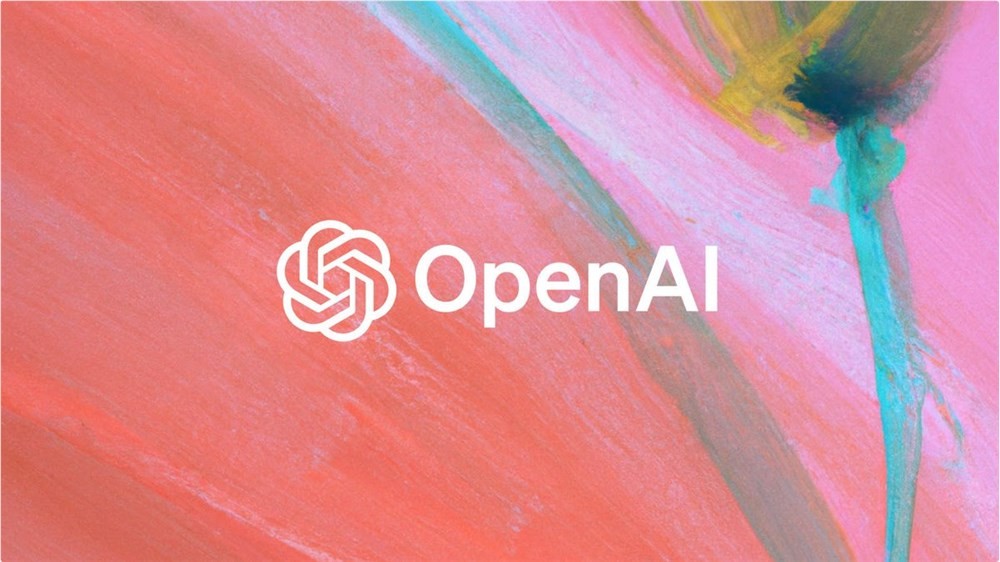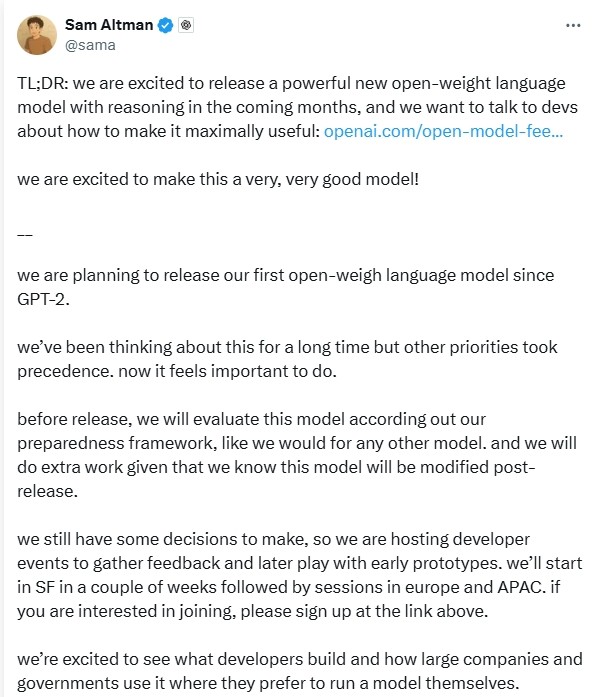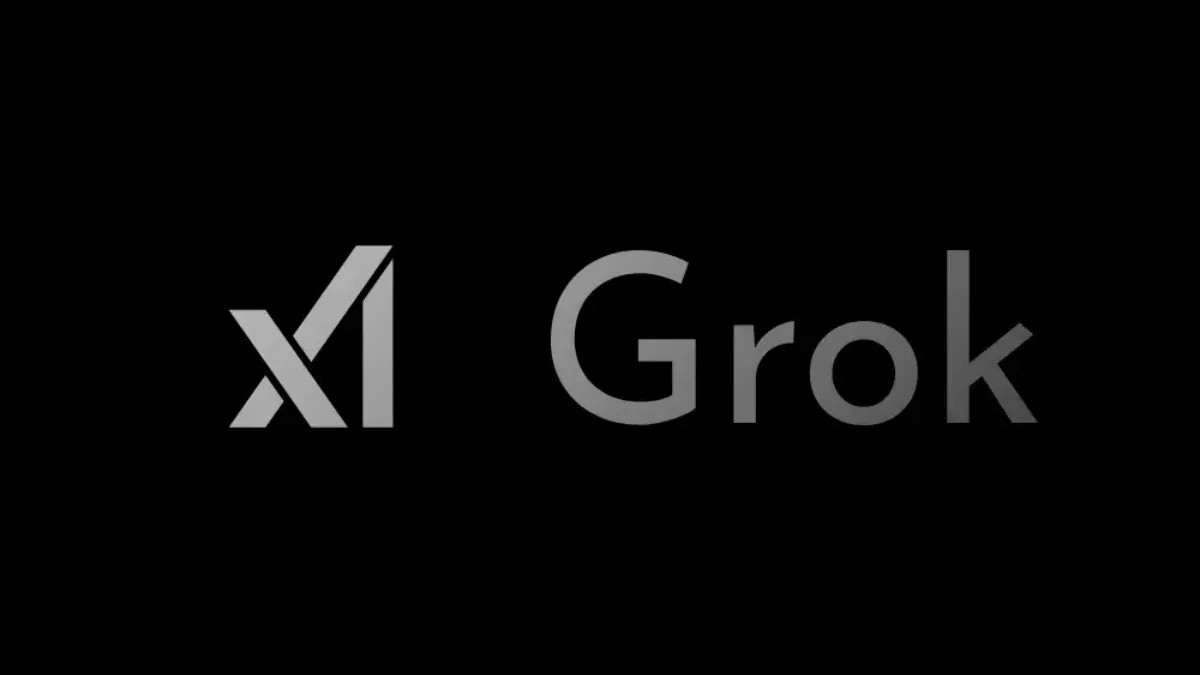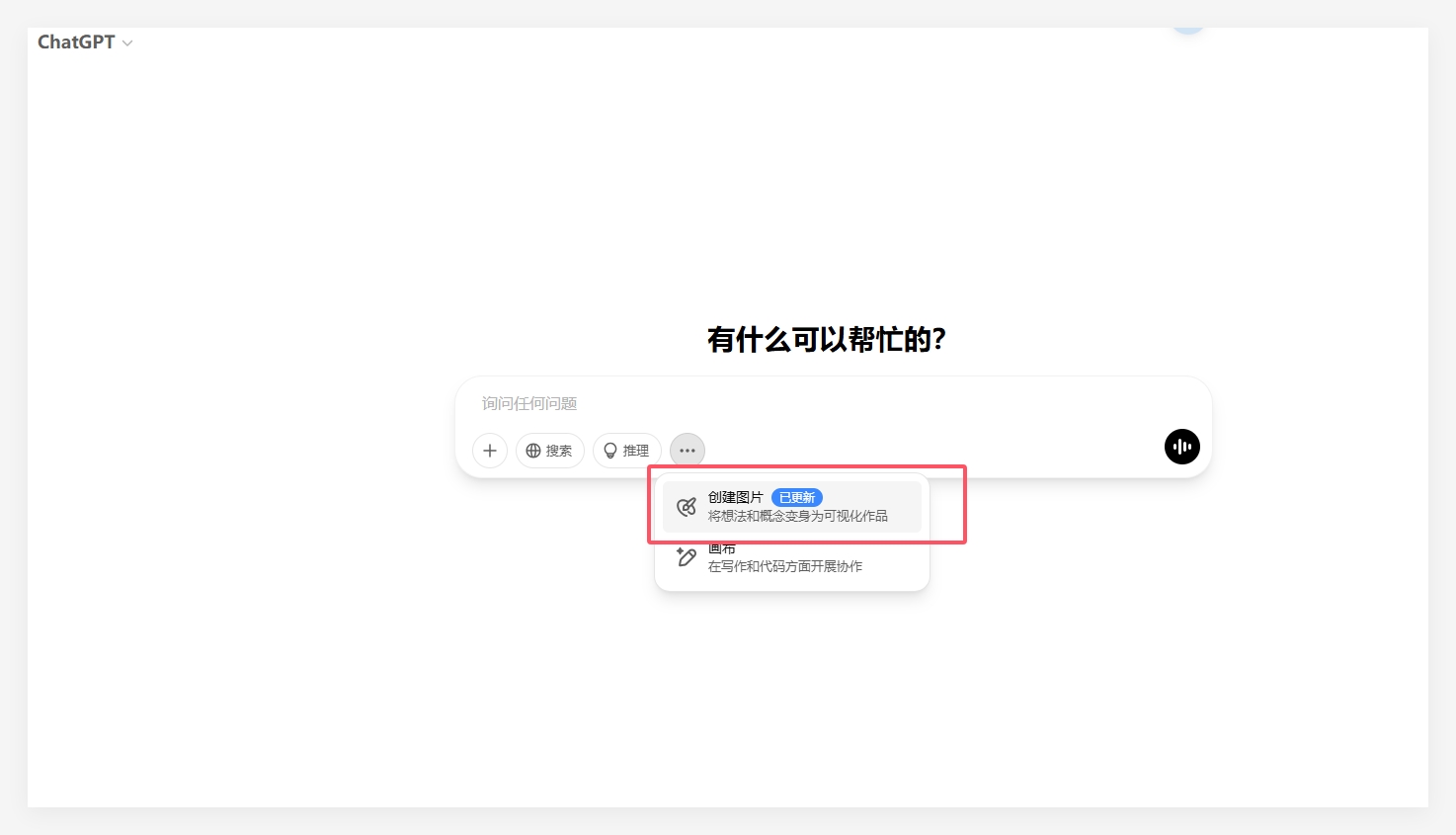In the wave of AI development, Google's Gemini launched by Google provides developers with smart code examples with its powerful generation capabilities. This guide will introduce in detail how to use Gemini to generate code, and combine case analysis to help you get started quickly.
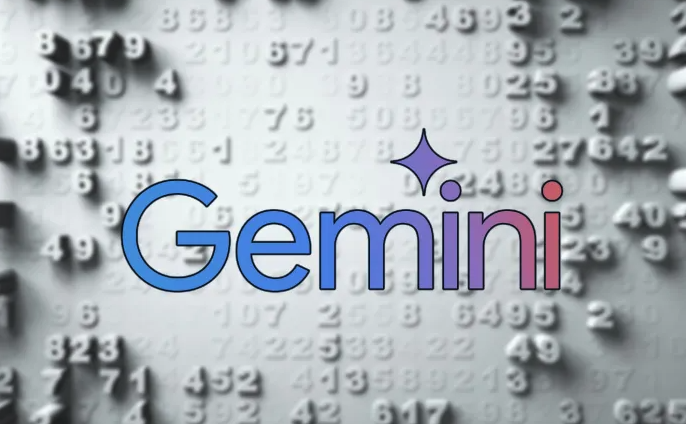
Gemini relies on Google DeepMind's advanced technology, combined with large-scale language models (LLM), to understand natural language descriptions and generate high-quality code examples based on context. Its advantages include:
Cross-language support : supports multiple programming languages such as Python, JavaScript, Java, C++, etc.
Code optimization : It can generate code that conforms to best practices, reduce redundancy and improve readability.
Error correction : The code can be optimized based on user feedback to improve the code quality.
To generate code using Gemini, you can use the following methods:
Visit Gemini official website
Interact with Google AI Studio
Integrate Gemini in Google Cloud API
To get Gemini to generate code that meets your needs, the key is to provide clear and detailed prompt words. Here are several ways to optimize prompt words:
Simple requirements :
Write a function that calculates Fibonacci sequences in Python.
Add specific requirements :
Write a function in Python to calculate Fibonacci sequences, requiring recursion and adding cache optimization.
Complex function description :
Use Python to write a Web API based on the Flask framework, including user registration and login capabilities, and to store data using SQLite.
Write a function that efficiently calculates Fibonacci sequences in Python and use cache optimization.
from functools import lru_cache
def fibonacci(n):
"""Computing Fibonacci sequences, using LRU cache optimization"""
if n < 0:
raise ValueError("Input must be a non-negative integer")
@lru_cache(maxsize=None)
def fib(m):
if m in {0, 1}:
Return m
return fib(m - 1) + fib(m - 2)
return fib(n)
print(fibonacci(10)) # Output 55analyze
The code is optimized using lru_cache to avoid repeated calculations.
The recursion method is clear and easy to understand, while improving execution efficiency.
Suitable for calculating larger Fibonacci sequences.
Use Python to write a simple Flask API that includes user registration and login capabilities, and uses SQLite for data storage.
from flask import Flask, request, jsonify
import sqlite3
app = Flask(__name__)
# Initialize the database def init_db():
with sqlite3.connect("users.db") as conn:
cursor = conn.cursor()
cursor.execute('''CREATE TABLE IF NOT EXISTS users (
id INTEGER PRIMARY KEY AUTOINCREMENT,
username TEXT UNIQUE,
password TEXT)''')
conn.commit()
init_db()
@app.route("/register", methods=["POST"])
def register():
data = request.json
username, password = data.get("username"), data.get("password")
with sqlite3.connect("users.db") as conn:
cursor = conn.cursor()
try:
cursor.execute("INSERT INTO users (username, password) VALUES (?, ?)", (username, password))
conn.commit()
return jsonify({"message": "Registered successfully"}), 201
except sqlite3.IntegrityError:
return jsonify({"message": "Username already exists"}), 400
@app.route("/login", methods=["POST"])
def login():
data = request.json
username, password = data.get("username"), data.get("password")
with sqlite3.connect("users.db") as conn:
cursor = conn.cursor()
cursor.execute("SELECT * FROM users WHERE username = ? AND password = ?", (username, password))
user = cursor.fetchone()
if user:
return jsonify({"message": "Login successfully"}), 200
return jsonify({"message": "Username or password error"}), 401
if __name__ == "__main__":
app.run(debug=True)analyze
Use Flask as a web framework, simple and efficient.
SQLite is used to store user data, suitable for small projects.
Provides basic user registration and login functions, including error handling.
Optimization prompt words : clearly describe requirements and specify programming language, framework and optimization requirements.
Iterative improvement : If the code does not meet expectations, you can continue to let Gemini modify it.
In combination with human review : AI-generated code needs to be manually inspected to ensure security and best practices.
Integration with API : If you need to automatically generate code, you can call the Google Gemini API for deep integration.
As a powerful AI programming assistant, Gemini can efficiently generate various code examples. By providing clear prompt words and combining manual optimization, you can enable Gemini to generate more demand-compatible code and improve development efficiency. I hope this guide can help you better utilize Gemini for intelligent code generation!



